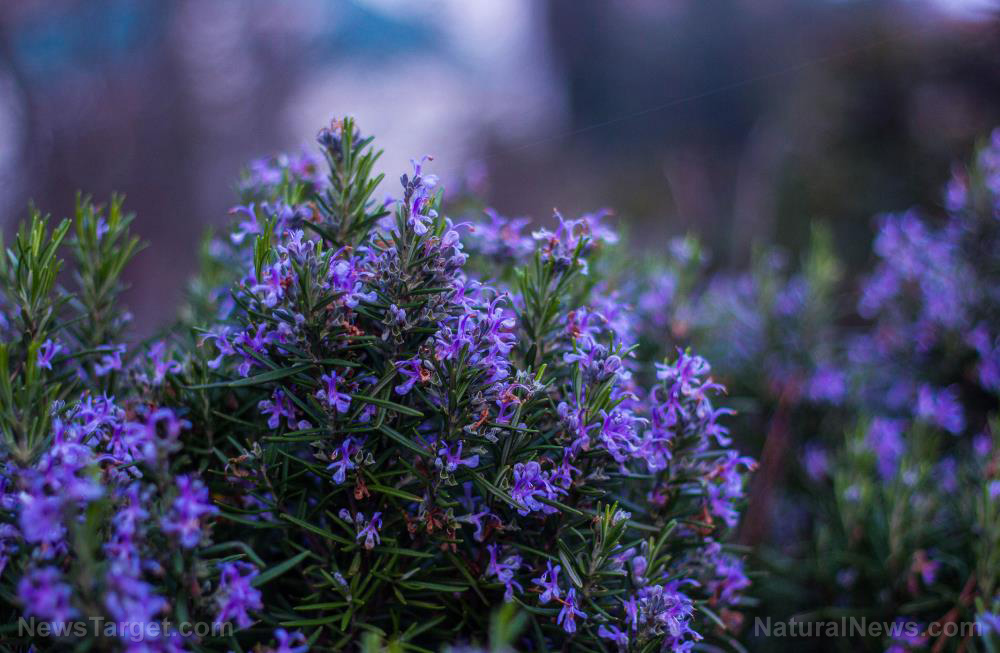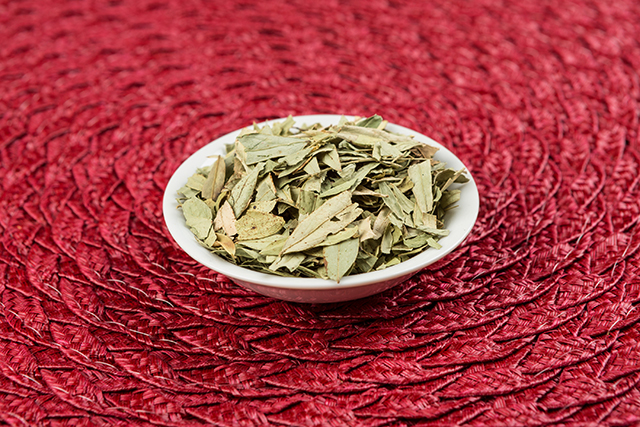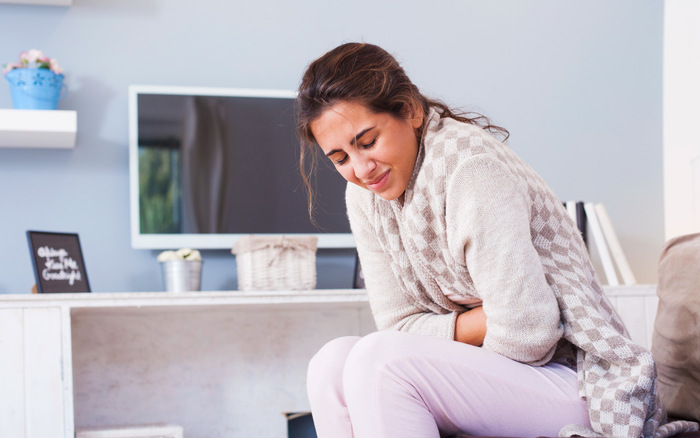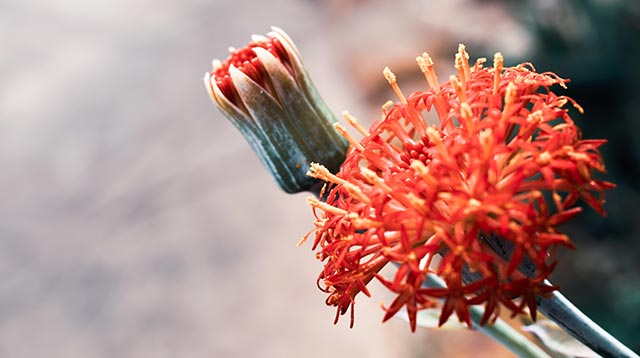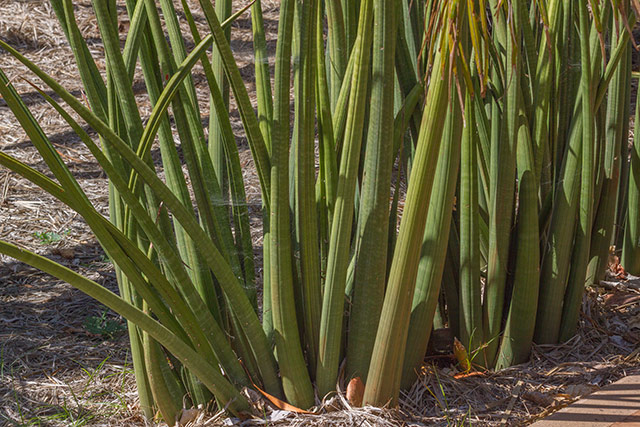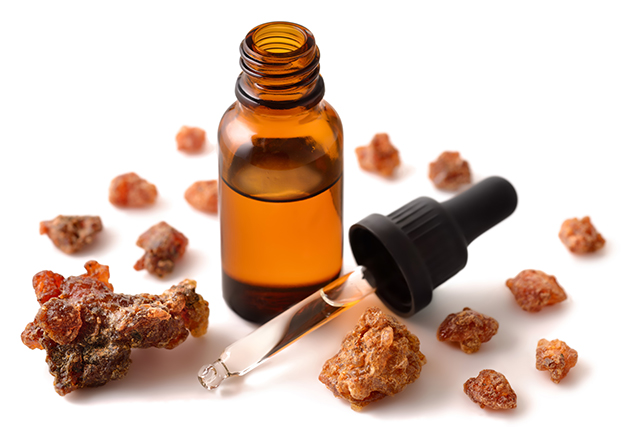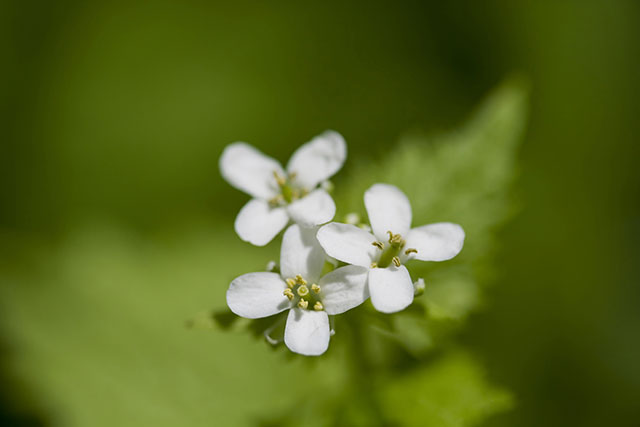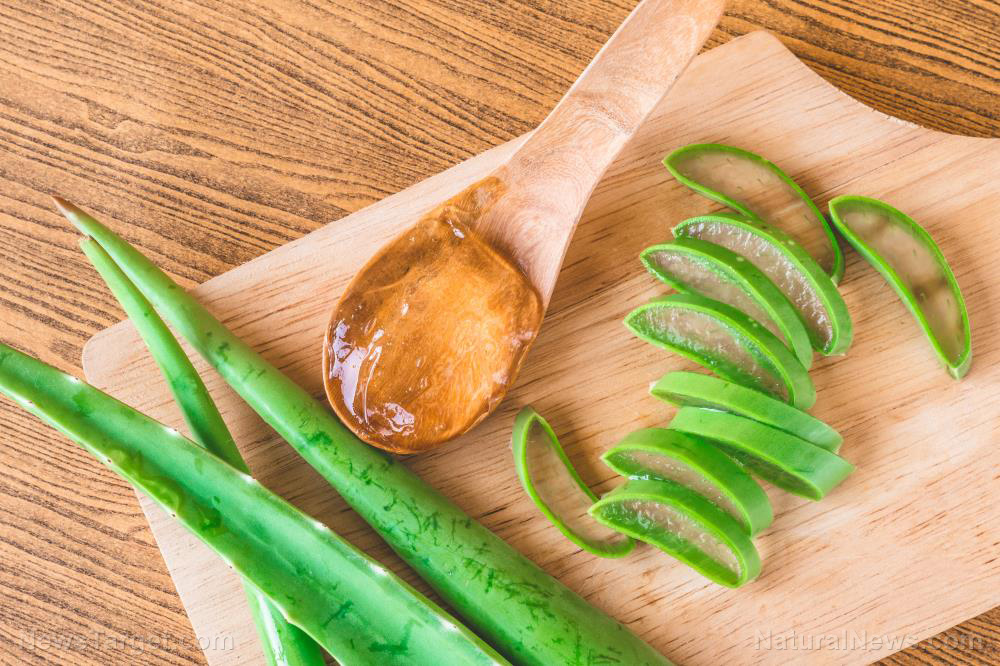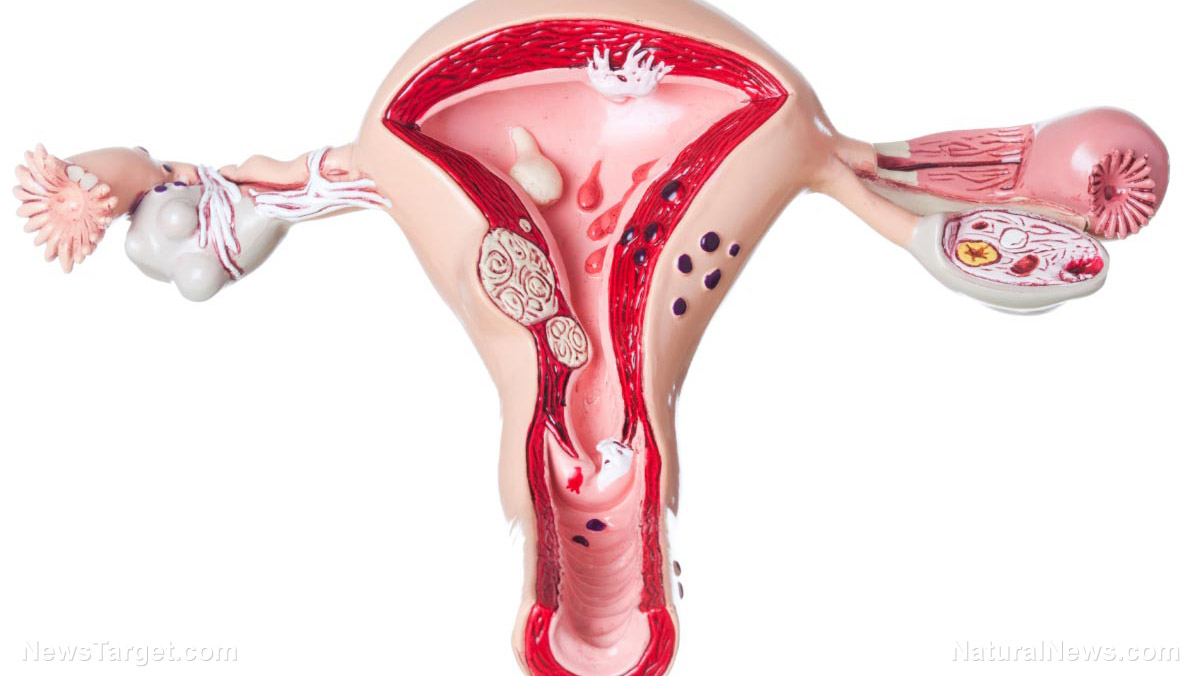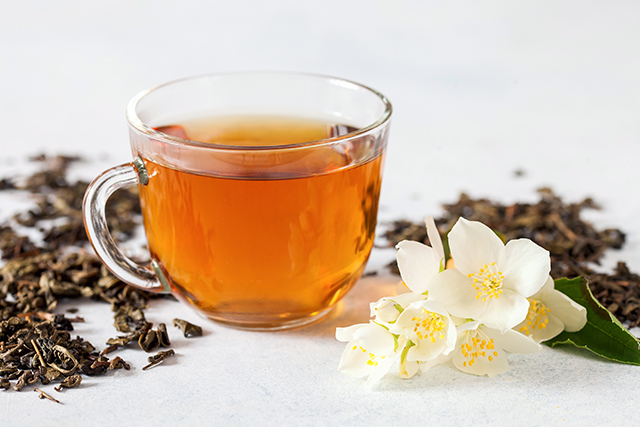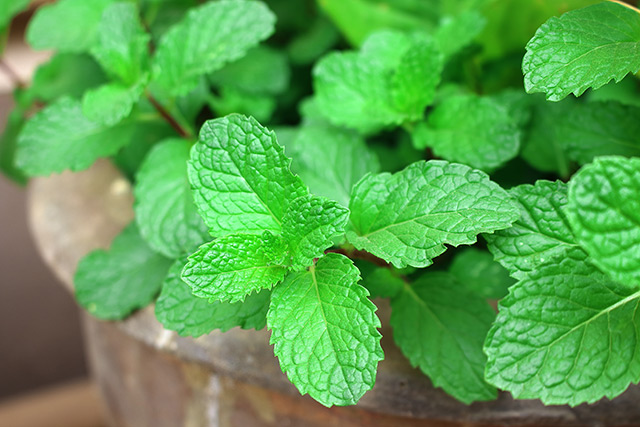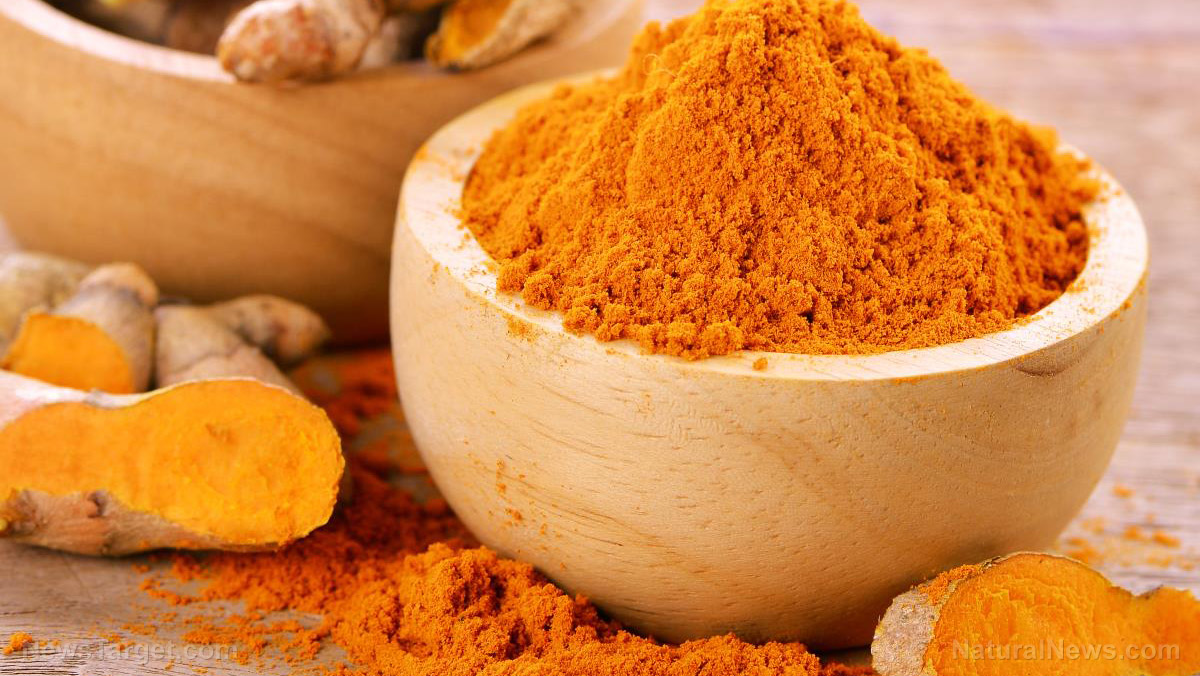Essential oils offer a natural, side effect-free way to address anxiety
10/22/2018 / By Ellaine Castillo

The connection between the brain and a person’s sense of smell is very powerful. This is why certain scents can bring back emotions and memories that are tucked away in the brain. Aromatherapy takes advantage of this strong connection by using the smell of essential oils to stimulate healing. One of the diseases that can be cured through aromatherapy is anxiety.
Aromatherapy has been used for thousands of years to improve physical, mental, and spiritual health. It involves the use of essential oils, which are highly concentrated aromatic extracts derived from plants. These essential oils are either inhaled or applied onto the skin. However, it is important to note that most essential oils can only be applied to the skin if they are diluted. Otherwise, they can irritate the skin. Scents emanating from essential oils can trigger receptors that transmit signals for the production of neurotransmitters and can affect both mental and physical health.
Anxiety is a mental health condition characterized by extreme feelings of fear and apprehension. When left untreated, anxiety disorders can become disabling. Psychotherapy is commonly used for treating anxiety but many people have started using aromatherapy as well. Essential oils that are commonly used for treating anxiety include the following:
- Lavender — Lavender essential oil is commonly used for its calming effect but it can be applied for many other purposes. Studies have shown that lavender can effectively treat anxiety, depression, and mood swings. Aside from these, it can also be used as a sedative and a neuroprotectant. Lavender oil is just as effective as tranquilizers that are commonly used for treating generalized anxiety disorder but it doesn’t have any side effects. Many people also prefer lavender because it is can be topically applied and it can also be ingested.
- Bergamot — This essential oil is as powerful as the anti-anxiety drug Valium but unlike Valium, it isn’t highly addictive. Undiluted bergamot essential oil can irritate the skin so people should be cautious about using it topically. Additionally, bergamot oil increases sensitivity to light so be sure to avoid the sun if it’s applied on the skin.
- Chamomile — Many people drink chamomile tea for treating insomnia and stress but the use of chamomile essential oil is not that prevalent. Chamomile is effective in treating not just anxiety, it can also relieve eczema.
- Clary sage — Using clary sage essential oil relieves tension and stress. It works by reducing levels of the stress hormone cortisol. By reducing cortisol levels, it also remedies anxiety and depression since these conditions are associated with elevated cortisol levels.
- Fennel — Fennel is commonly used for culinary purposes but aside from this, it can also be used to relieve anxiety, especially in menopausal women. It doesn’t just treat menopausal anxiety it also alleviates other side effects of menopause like hot flashes, sleep problems, and depression.
- Vetiver — Not many people know about vetiver essential oils but it’s very effective for patients with anxiety. Previous studies have shown that vetiver essential oil is as effective as diazepam in treating anxiety.
100% organic essential oil sets now available for your home and personal care, including Rosemary, Oregano, Eucalyptus, Tea Tree, Clary Sage and more, all 100% organic and laboratory tested for safety. A multitude of uses, from stress reduction to topical first aid. See the complete listing here, and help support this news site.
Aromatherapy provides a natural way of treating anxiety that’s safe, effective, and even enjoyable because of the pleasant smells. (Related: Ease anxiety with meditation and essential oils.)
Learn more about how essential oils remedy anxiety by visiting EssentialOils.news today.
Sources include:
Tagged Under: Anxiety, anxiety relief, aromatherapy, Bergamot, chamomile, clary sage, essential oils, fennel, Herbs, Lavender, mental, mental health, mental health disorder, moods, natural remedy, stress reduction, vetiver

